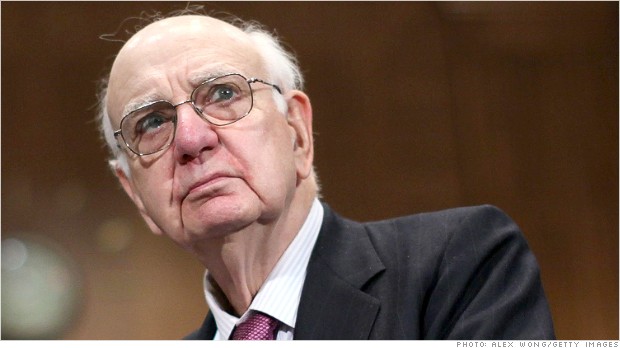Liberty Reserve - a Costa Rican-based digital currency service - has been shut down after the reported arrest of its founder.
Authorities in the Central American country said Arthur Budovsky had been taken into custody in Spain on suspicion of money laundering, following an investigation which also involved the US.
The site went offline on Thursday.
Liberty Reserve had described itself as being the internet's "oldest, safest and most popular payment processor... serving millions all around a world".
It had allowed users to open accounts and transfer money, only requiring them to provide a name, date of birth and an email address.
Cash could be put into the service using a credit card, bank wire, postal money order or other money transfer service. It was then "converted" into one of the firm's own currencies - mirroring either the Euro or US dollar - at which point it could be transferred to another account holder who could then extract the funds.
The service promised that payment transfers were "instantaneous" and it charged a maximum of $2.99 (£1.98) for each transaction. It also offered a private messaging facility which it said was "much more private and secure than email or instant messenger services".
Security expert Bryan Krebs said Liberty Reserve's features had made it a
popular among cybercriminals who wanted to move funds and make payments anonymously.
However, others said they had used the service for legitimate means, viewing it as a cheaper alternative to PayPal. They fear they will now lose money still sitting in its accounts.
 FORTUNE -- Are you among the suspected tens of thousands of Americans with a secret Swiss bank account that you are still hiding from the Internal Revenue Service? If so, you are about to acquire a Matterhorn-sized headache.
FORTUNE -- Are you among the suspected tens of thousands of Americans with a secret Swiss bank account that you are still hiding from the Internal Revenue Service? If so, you are about to acquire a Matterhorn-sized headache.



